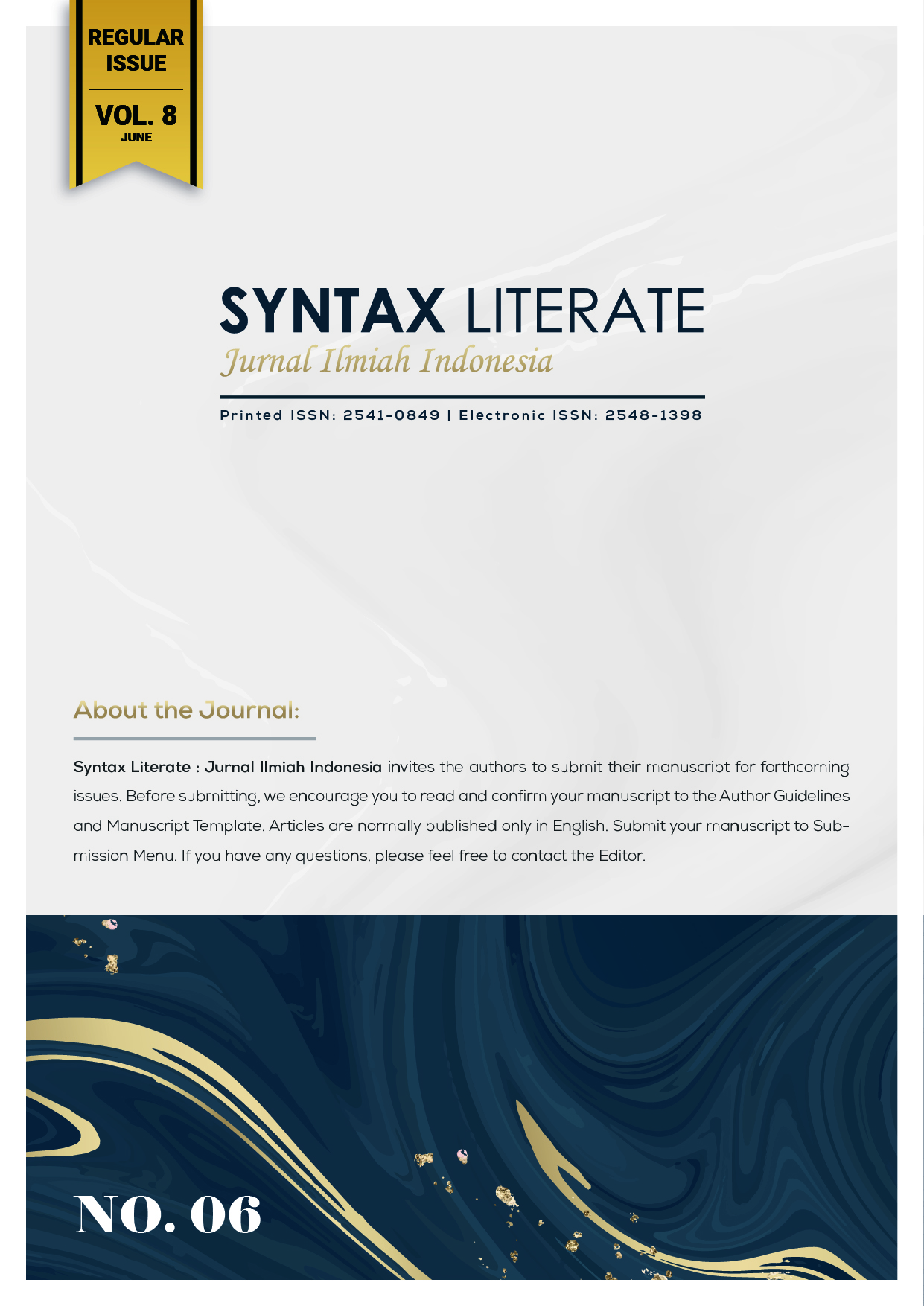Analisis Legalitas Pemberian Kredit Tanpa Agunan oleh Bank Berdasarkan Uu No 10 Tahun 1998 tentang Perubahan Atas Undang Undang No 7 Tahun 1992 Tentang Perbankan
Abstract
Unsecured Credit (KTA), is one of the products of financing institutions such as banks. KTA is a financing product that is quite widely carried out in addition to people's business loans and leasing. This product is considered quite commonly given by financing institutions such as banks to their debtor customers, by analyzing their track record of making agreement transactions according to the opportunity. So that KITA has until now become a fairly legal financing product even shaded by BI and OJK. However, the problem is that KTA also presents a considerable risk with a high level of bad debt. Many banks experience crucial problems, in carrying out this program, one of which is BNI. From the problems that have occurred, the purpose of writing this article is, analyzing the legality of criminal application or unsecured credit based on the provisions of the law on banking. The analysis process is carried out by literacy studies based on normative principles. The basis of this research shows that the legality of providing unsecured loans has not fulfilled sharia principles as stated in article 8 Paragraph 1 of the Law on banking, even though OJK and BI have legalized such activities. This is because unsecured credit is a high-risk financing activity.Downloads
Copyright (c) 2023 Florencia Saputro Jong

This work is licensed under a Creative Commons Attribution-ShareAlike 4.0 International License.











